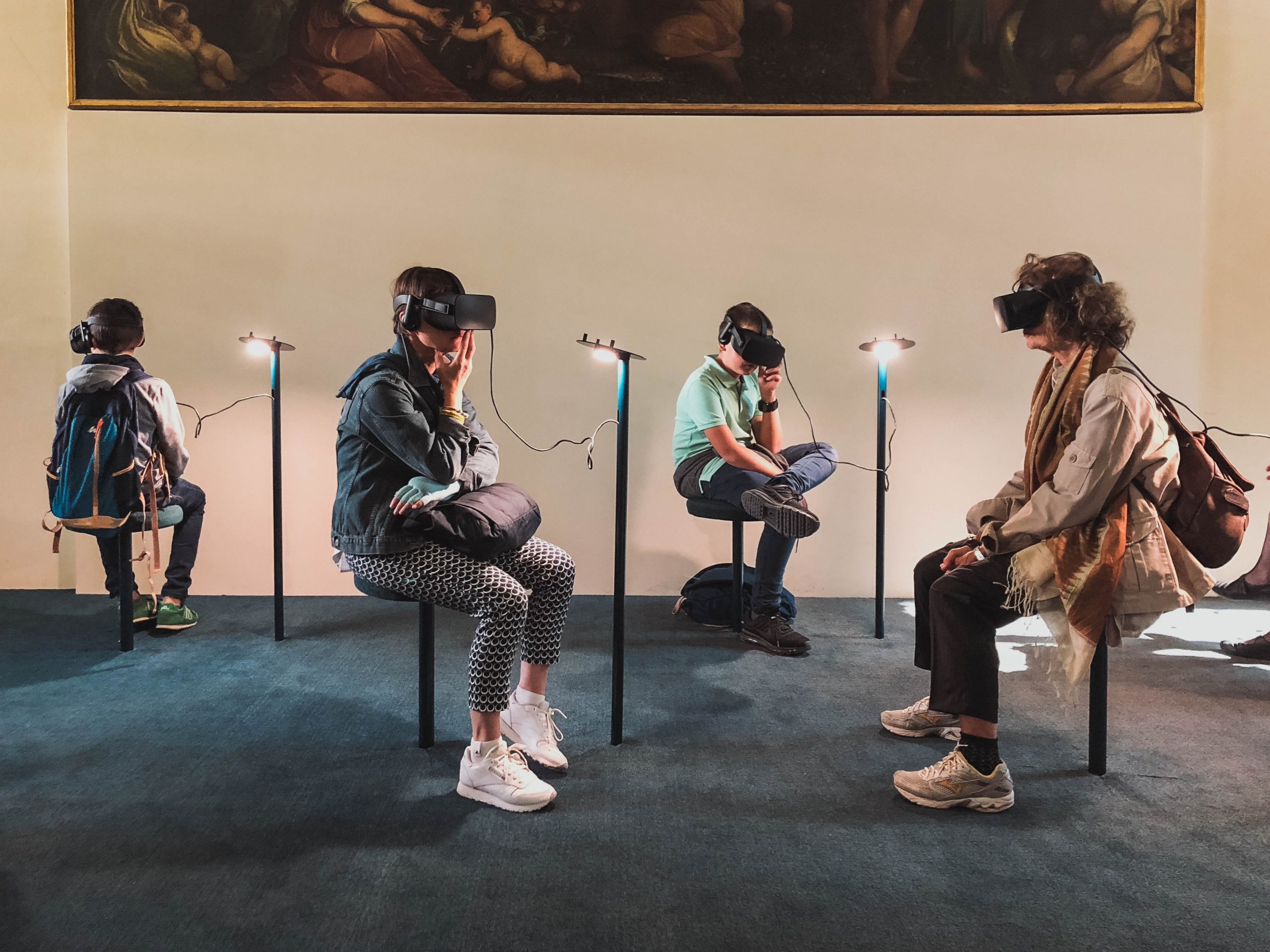Identity and Imagination in Silicon Valley

Metaverse and the Future If you read the news, it is likely that you will come across stories that point towards a technological dystopian future. Just today, April 19, 2022, a story was published concerning a hacking group and their...


